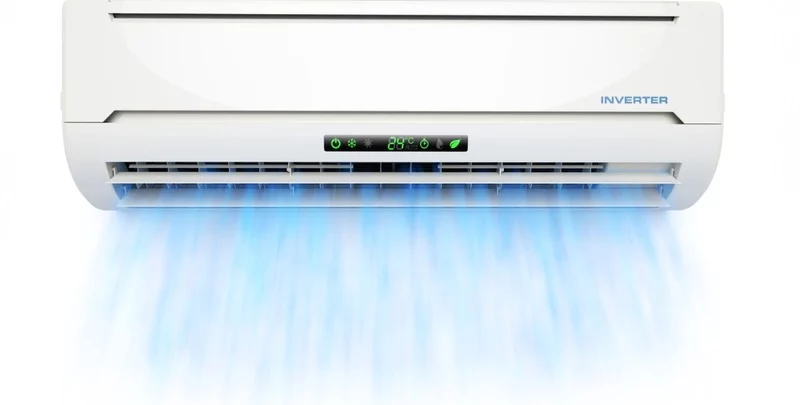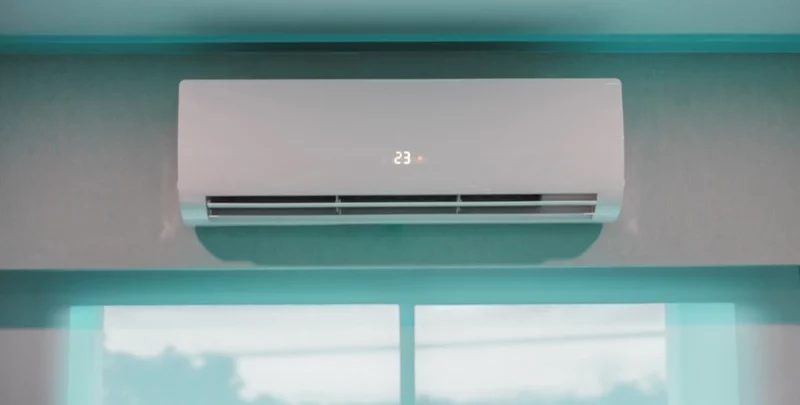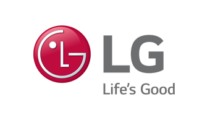
5 Benefits of an Inverter Air Conditioner
When preparing homes for the warmer months, many householders are opting for an inverter air conditioner. These units are generally considered to be a better choice than non-inverter models.
They might be more expensive but that hasn’t put people off from choosing an inverter air conditioner. Inverter technology can be found in several reverse cycle air conditioning systems, which includes split systems and ducted heating and cooling units.
Therefore, it’s important to look at what sets an inverter air conditioner apart from others and how it works.
What is an Inverter Air Conditioner?
What is an inverter air conditioner and why is it regarded as being better than a non-inverter model?
Essentially, the difference is in the compressor technology. In a standard air conditioning unit, the compressor operates until it reaches the set temperature and it stops. It starts again when the temperature goes up and the unit must work to cool the room down again.
However, the variable speed compressor in an inverter air conditioner doesn’t stop and start. Instead, it slows down the speed so that the room temperature remains constant once it reaches the target temperature.
Inverters control the temperature rather than playing catch up. This means that the motor doesn’t have to start up again – which is often noisy – and an inverter is not always playing catch-up with the target temperature. That’s the main feature of inverter systems – its ability to control its compressor motor speed (using natural magnetic force).
Let’s take a look in more detail at five of the many advantages of using inverter air conditioning technology.
1. Save Money on Power Bills
There’s no doubt that an inverter air conditioner is more energy efficient than a non-inverter air conditioner. The sensor in the inverter regulates the power in accordance with the room temperature, which results in less electricity consumption and better energy efficiency.
In fact, an inverter air conditioner uses 20% to 40% less power than a non-inverter AC. This means a reduction in energy consumption, which leads to lower energy bills. While an inverter air conditioner might be more expensive upfront, it quickly leads to long-term savings.

2. Faster Cooling When You Need It
When you get home on a sweltering day and want to cool down as quickly as possible, there’s nothing like an inverter AC system.
With a non-inverter unit (e.g. a split system air conditioner), you can’t adjust the unit’s cooling capacity. You can only set it to reach your desired temperature.
But, using an inverter system, you can run the compressor at a higher speed to cool down the area faster. This means inverter ACs deliver instant relief at the height of summer’s heat.
3. Sleep Soundly with an Inverter AC
An inverter air conditioner runs in a silent way, with low noise and less vibration. If you like to keep your air conditioner running while in bed, this means you will sleep more soundly.
An air conditioner starting up and shutting down is not a sound you want to hear while trying to sleep. Maintaining the temperature at a constant level – a temperature you have chosen on the thermostat – is another reason you’ll sleep well with an inverter air conditioner.
4. An Inverter AC Lasts Longer
There’s a simple reason a inverter air conditioning systems are likely to have a longer lifespan than non inverter air conditioners.
An inverter unit greatly reduces the amount of noise and vibration. That means there’s less wear and tear on the unit due to it running smoothly and not regularly turning on and off.
5. Better for the Environment
This is one of the best and most obvious advantages of using an inverter air conditioner.
An inverter unit uses less energy and, therefore, also emits less greenhouse gases. This is because the compressor is not regularly working at full capacity.
Energy efficiency makes an inverter more eco-friendly as well as being more cost effective. It makes inverter technology the best choice for the environment, only improved if it’s powered by solar energy. If you have solar panels, you can still use inverter technology.

How Do Inverter Units Compare to Non-Inverter ACs?
Inverter air conditioners have become the modern choice for many homeowners for energy efficient heating and cooling. But how do they stack up against non-inverter ACs?
Just to reiterate, let’s break it down.
- Energy efficiency: Inverter ACs are like the energy-saving superheroes of the cooling world. Unlike non-inverters that run at a fixed speed, inverter units adjust their compressor’s speed to maintain the desired temperature. This means their power usage is just right, reducing energy consumption and saving you money on your utility bills.
- Constant comfort: Inverters maintain a more consistent indoor temperature. Non-inverters switch on and off, creating temperature fluctuations. Inverters work continuously at varying speeds to keep your space comfortable, without those annoying temperature swings. A non-inverter system doesn’t work at variable speeds.
- Quieter operation: Inverters are known for their quieter operation. Non-inverters can be noisy when they start up, which can be disruptive. Inverters start gradually and run at lower rotation speed. That’s how inverter systems work, resulting in a quieter and more peaceful environment.
- Longer lifespan: Inverter ACs are designed to last longer. Their ability to operate at lower speeds reduces wear and tear on the system, extending its lifespan compared to non-inverters. There is a ceiling unit rather than an outdoor unit, which reduces wear and tear from the weather.
- Eco-friendly: Inverter ACs are environmentally friendly because they consume less energy. With lower carbon emissions, they contribute to a greener planet.
In summary, inverter air conditioners offer better energy efficiency, more consistent comfort, quieter operation, longer life, and eco-friendliness compared to non-inverter ACs. Making the switch to an inverter AC can be a wise investment for both your comfort and the environment.
Disadvantages of an Inverter AC
There’s not much of a downside to inverter units and inverter technology, but here are a few factors to consider:
- More expensive – Due to the complex design of the advanced compressor used in an inverter air conditioner, it has higher manufacturing costs and is more expensive upfront.
- Maintenance costs – For the same reason, maintenance costs will also be higher than non-inverter systems.
- Extreme heat – The efficiency of cooling can decrease if the outside temperature is extremely hot (approximately 46°C and above).

Advantages of an Inverter AC
The variable compressor speed of inverter air conditioners offers many advantages. To summarise, here are some of the many benefits of using inverter technology:
- Save on power bills
- More energy efficient
- Better temperature control, keeping room temperature constant
- Suited to large and small areas
- Safe for standard residential wiring due to lower power consumption
- Environmentally friendly
- Improved longevity
- Ideal for solar power
The advantages definitely outweigh the disadvantages with inverter air conditioning. It primarily comes down to one question: Are you willing to pay more upfront for advanced technology?
Given that there are likely to be long-term savings – along with superior climate control – that question almost answers itself. It might be time to take the step up to inverter air conditioning.
Could it be the best air conditioner for your heating and cooling needs? For more details contact the specialists at Metropolitan Air Conditioning.
Please note: This information is provided for advice purposes only. Regulations differ from state to state, so please consult your local authorities or an industry professional before proceeding with any work. See our Terms & Conditions here.
Published: 2022-12-22

































